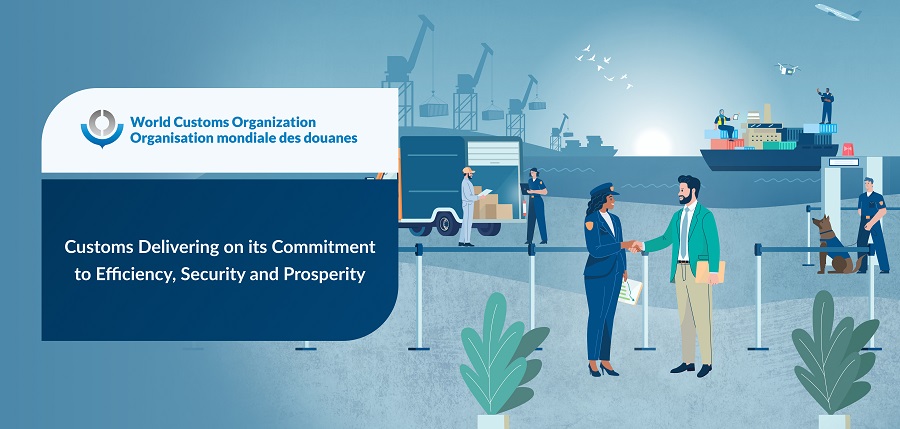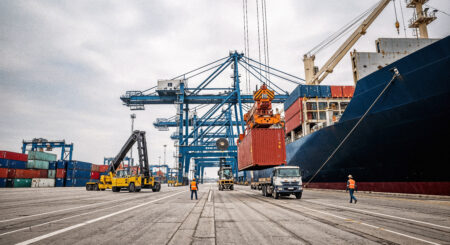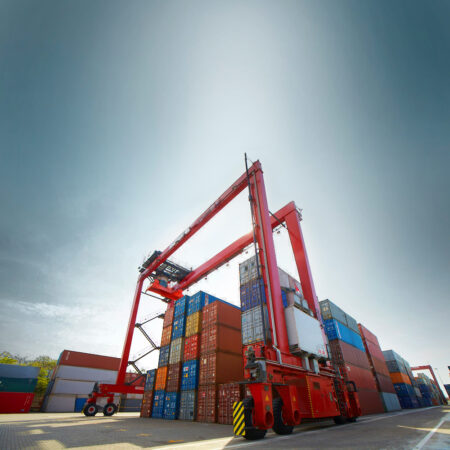WCO report reveals smart security devices boost trade but face tech and legal challenges.

The World Customs Organisation (WCO) has released a landmark report highlighting the transformative role of Smart Security Devices (SSDs) in modernising global cargo supervision and customs operations. From smart locks and RFID tags to GPS-enabled containers, the study outlines how SSDs are reshaping international trade by enhancing security, real-time monitoring, and customs risk management.
The report identifies major benefits for customs and logistics operators, including faster cargo clearance, improved transparency, and better tracking accuracy. However, it also flags critical challenges, particularly around interoperability, legal frameworks, and data security.
WCO Secretary General Ian Saunders stated, “With rising trade volumes, Customs must clear goods faster while safeguarding societies. Smart security devices are vital tools that enhance global supply chain security without slowing down trade.”
Key highlights:
- Three types of SSDs are analysed:
- Passive: Low-cost, RFID-based, no internal power, ideal for basic tracking.
- Semi-Active: Battery-powered with trigger response and mid-range transmission.
- Active: Advanced real-time GPS and encrypted communication, but costly and energy-intensive.
- Real-time visibility enhances security but demands robust power solutions and hardware resilience under tough conditions.
- Tamper detection built into all SSDs reinforces trust and cargo integrity.
- RFID technology is central but suffers from global interoperability issues due to varying standards.
- Advanced features like live tracking and encrypted control increase efficiency but require high investment and ongoing regulatory compliance.
- Lack of standardisation in encryption protocols, frequency bands, and data formats is a barrier to cross-border SSD integration.
Strategic recommendations:
To fully unlock the potential of SSDs, the WCO urges:
- Development of global standards for communication and data exchange
- International cooperation among Customs authorities and logistics firms
- Upgrades to legacy infrastructure and robust training for Customs personnel
The report also stresses that SSDs are most effective when they are interoperable, allowing seamless data exchange across borders, systems, and stakeholders. Without harmonised global protocols, scaling these smart technologies remains a major hurdle.
As a roadmap to smarter, safer trade, the WCO’s findings offer actionable insights for governments, tech providers, and logistics operators striving to future-proof cargo management and security.











